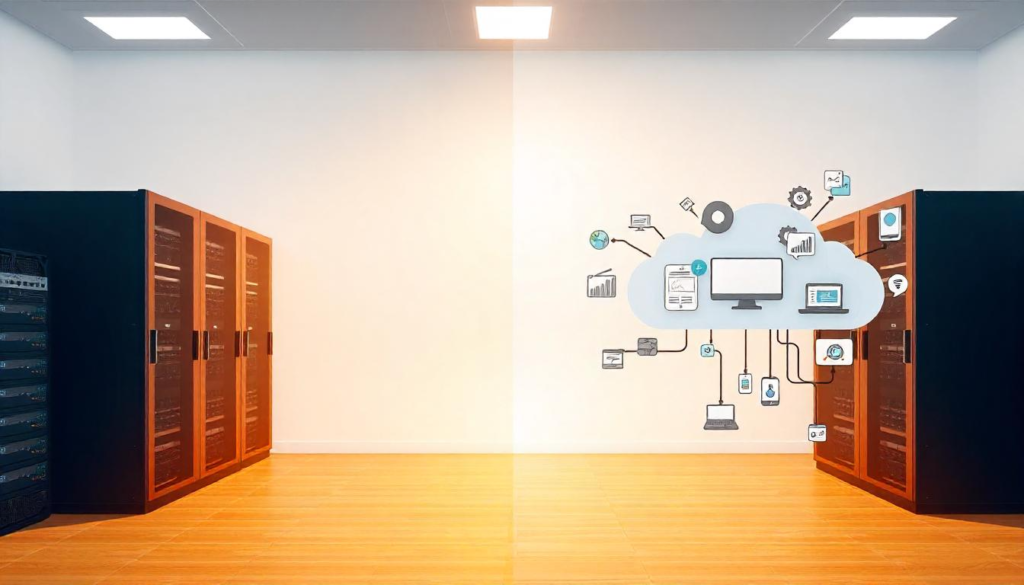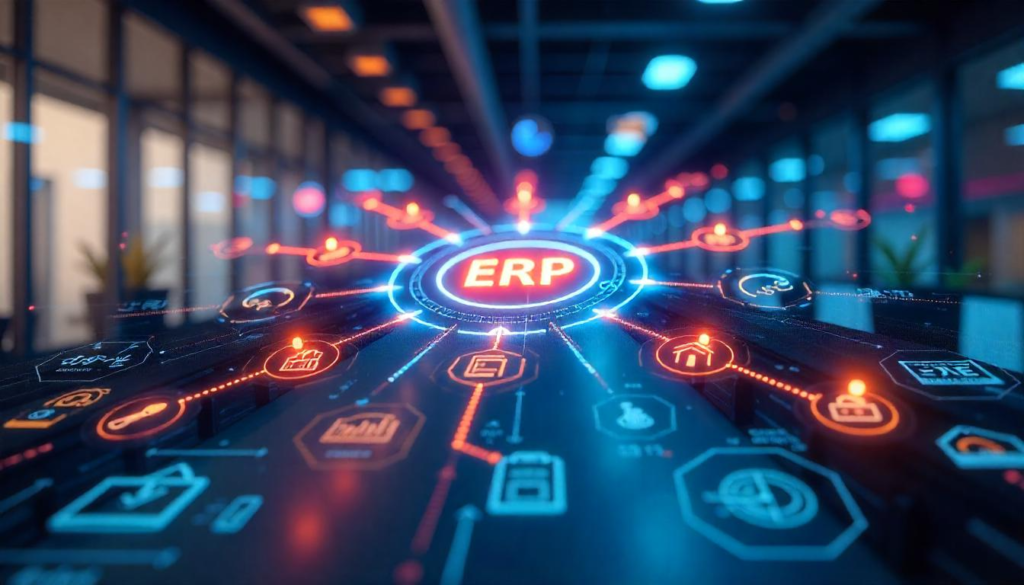Selecting the perfect Enterprise Resource Planning (ERP) system is a big decision for any business. ERP systems bring together key processes like finance, supply chain, and human resources into one seamless platform. By that, they make operations more efficient. However, with so many options available, choosing the right ERP system can feel overwhelming.
The decision depends on several factors, including your company’s size, industry, and specific goals. By understanding what your business needs and researching available solutions, you can find the ERP system that best supports your growth and streamlines your operations. You will learn below how to make the right choice.
Table of Contents
Assess Your Business Needs
Before selecting an ERP system, take a close look at your business operations. What are the current challenges you’re facing? Maybe your accounting processes are too slow, or your supply chain is disorganized. Pinpointing these challenges will allow you to establish the essential features your ERP system needs.
For example, a manufacturing business may need inventory management tools, while a retail company might focus on customer data integration. When you understand your business needs, you’ll be able to narrow down your options and avoid spending money on unnecessary features.
On-Premise vs. Cloud-Based ERP
One of the first decisions you’ll need to make is whether to go for an on-premise ERP system or a cloud-based solution.
On-Premise ERP are installed on your company’s servers, offering full control but requiring significant upfront investment and ongoing IT support. Ideal for businesses with strict data control needs.
Cloud-based ERPs, on the other hand, are hosted online and accessible from anywhere, making them more flexible and often more affordable.
Read Also: 10 Qualities Every Successful ERP Project Manager Should Possess
As businesses become increasingly reliant on tech, many are choosing cloud-based ERPs for their scalability and ease of use. However, integrating these systems with other tools also requires careful planning to ensure compatibility.
Security and Reliability Matter
When choosing an ERP system, it’s important to think about security and reliability. ERP platforms handle sensitive data like financial records and employee information, so protecting this data is critical. For example, many cloud-based ERPs rely on secure systems, supported by innovations in cybersecurity for the tech industry, to ensure data is protected from breaches. A secure ERP system keeps your business safe and also builds trust with your customers and employees. Be sure to ask vendors about their security protocols and data recovery processes before making a decision.
Customization and Scalability
No two businesses are the same, which is why customization is key when selecting an ERP system. Look for a solution that can be tailored to fit your specific workflows and processes.
Scalability is equally important. Your ERP system should be able to grow with your business. For instance, if you plan to expand into new markets, your ERP should easily accommodate additional users, locations, or languages. Choosing a flexible and scalable system ensures that your investment will remain valuable in the long term and adapt to your business’s evolving needs.

Vendor Support and Training
Finally, don’t overlook the importance of vendor support and training. A great ERP system is only useful if your team knows how to use it effectively. Look for vendors who offer comprehensive training programs, user-friendly interfaces, and ongoing technical support. Some vendors even provide 24/7 assistance, ensuring your team can resolve issues quickly.
Strong vendor support minimizes downtime and keeps your operations running smoothly. Choosing a vendor that aligns with your needs is just as important as selecting the right features, as it ensures that your ERP system is a tool your team can rely on.
Final Thoughts
Selecting the best ERP system involves critical consideration of your business’s needs, goals, and growth plans. A decision made after weighing various factors, such as features, deployment type, security, customization, and vendor support, can be more confident. The ideal ERP system will thus simplify operations, improve productivity, and grow with your business for many years to come.
Take time to research thoroughly, consult stakeholders, and engage with vendors to find the ERP solution that best aligns with your business objectives.

Pradeep Sharma is a author the mind behind Techjustify, where I craft insightful blogs on technology, digital tools, gaming, AI, and beyond. With years of experience in digital marketing and a passion for tech innovation, I aim to simplify complex topics for readers worldwide.
My mission is to empower individuals with practical knowledge and up-to-date insights, helping them make informed decisions in the ever-evolving digital landscape.


